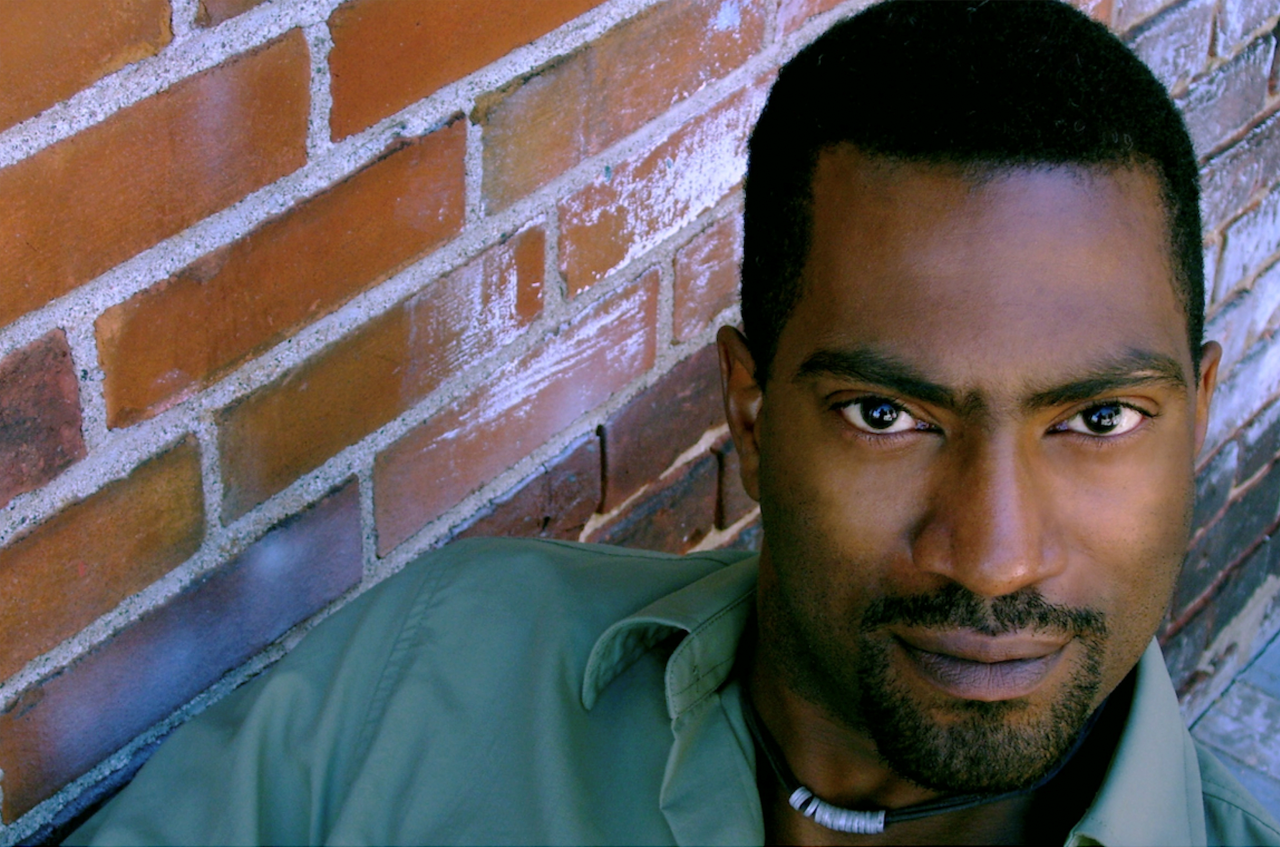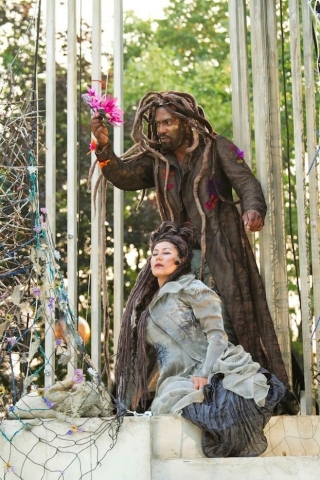A powerful profession
At around the same time, Armorer and his BTW colleagues launched an artist mentorship program open to Black writers, directors, performers and designers. Each year, the participants put on a showcase at the National Arts Centre. “We wanted something for theatre artists who just needed a bit of a leg up,” Armorer says. “The program is still running 10 years later, so I’m very proud of that.”
He values his current role at the National Theatre School for similar reasons. “I love watching young people learn,” he says. “When you see light bulbs go off for emerging actors who are finding themselves in their work and their art, it’s one of the most rewarding things.”
When he’s not on campus at the National Theatre School, Armorer can be found teaching acting and arts leadership at Queen’s University or up on stage himself. This spring, he’ll appear in a Vancouver production of Red Velvet, a play that combines his appreciation for Black narratives with his fondness for Shakespeare. It tells the true story of Ira Aldridge, the first Black man to play Othello on a major London stage.
Looking back, Armorer admits that building a career in his field isn’t easy, but he speaks passionately about what it brings to the lives of artists and audiences alike. “Theatre is life,” he states. “And it’s powerful, in so many ways: educationally, inspirationally, politically or aesthetically.
“Sometimes, people see a play and it changes their whole perspective on life,” he continues. “But there’s also value in just turning your brain off from all the crap that’s going on in the world and sitting down for two hours to laugh and have a good time. No matter what, humans are artistic beings. So, if you ask me, art in general — and theatre in particular — is just necessary.”
 Quincy Armorer, BFA 97, has worked for performance companies across Canada and is now based at one of the country’s most prestigious theatre schools.
Quincy Armorer, BFA 97, has worked for performance companies across Canada and is now based at one of the country’s most prestigious theatre schools.
 Quincy Armorer as Oberon with Julie Tamiko Manning as Titania in A Midsummer Night’s Dream by William Shakespeare, Repercussion Theatre, Montreal, 2013 | Directed by Amanda Kellock, set design by Amy Keith, costume design by Marija Djordjevic.
Quincy Armorer as Oberon with Julie Tamiko Manning as Titania in A Midsummer Night’s Dream by William Shakespeare, Repercussion Theatre, Montreal, 2013 | Directed by Amanda Kellock, set design by Amy Keith, costume design by Marija Djordjevic.


